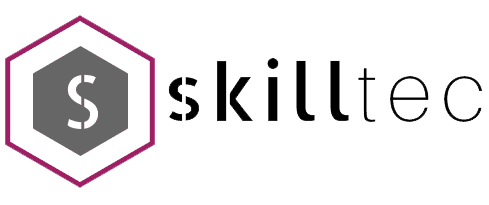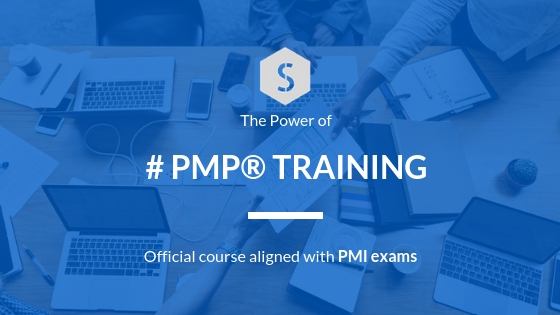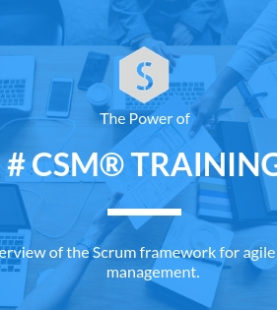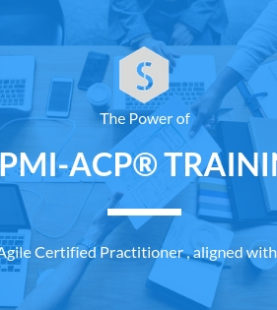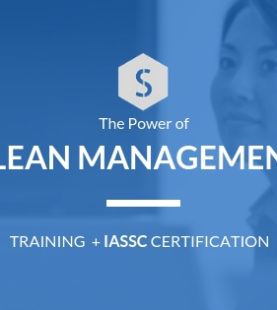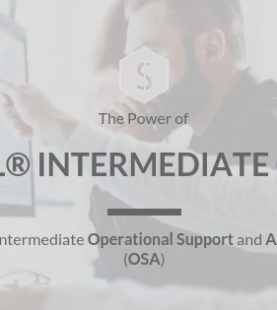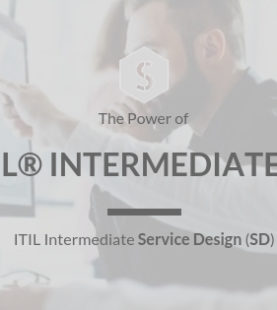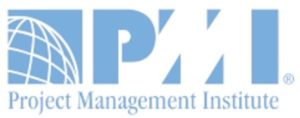PMP® TRAINING
- 46 (Registered)
Program Overview:
Course objectives.
PMI’s Project Management Professional (PMP)® credential is the most important industry-recognized certification for project managers. Globally recognized and demanded, the PMP® demonstrates that you have the experience, education and competency to lead and direct projects.
This recognition is seen through increased marketability to employers and higher salary; according to the PMI Project Management Salary Survey–Eighth Edition, certification positively impacts project manager salaries.
Learning Benefits.
The PMP certification is an essential professional requirement for senior project manager roles across all industries. In this course, you will learn:
- Modern project management tools such as work breakdown structure, resource allocation, Gantt charts, mathematical project scheduling models, project cost estimating, cost management and engineering economics.
- Developing a broad and flexible toolkit of techniques and adapting your approach to the context and constraints of projects.
- Delivering projects on scope, on time, and on budget.
- Cultivating the people skills, trust, and leadership necessary to meet project requirements.
- Earn the required 35 PDUs to take the PMP certification exam.
Exam & Certification :
FAQs :
What are the PMP Certification eligibility requirements?
Here are the eligibility requirements for PMP certification:
| Education | Project Management Experience | Project Management Education |
| Nongraduates | 5 years/7500 hours | 35 hours |
| Graduates | 3 years/4500 hours | 35 hours |
Disclaimer:
PMI, PMBOK, PMP, PgMP, CAPM, PMI-RMP, PMI-ACP are registered trademarks of the Project Management Institute, Inc.
How do I pass the PMP® Certification Exam?
- Dedicate your time and effort into preparing for the exam
- Complete the e-learning course content before the online classroom training
- Score at least 80% in one out of the seven PMP® full-length practice tests.
In the past, PMI® had published 61% of 200 questions as the passing score. But now, PMI does not disclose the exact passing score or percentage anymore. After the PMP® Certification Exam update, the passing score is different for every candidate and is based on the difficulty level of questions being attempted by each candidate.
What is the best way to send the audit documents to PMI®?
You can send your completed audit forms to the PMI®’s official address by regular postal mail or express courier service. The PMI® does not accept faxed or emailed audit documents. Participants should send all documents in one envelope to expedite the processing time.
How much time do I have to submit documents?
Once requested, you have up to 90 days to submit all necessary documentation.
When do I pay the fees – before the audit or after the audit?
You must pay the fee when you submit your application form, which is before the audit.
To claim a refund for the PMP® certification, you must place a request with PMI® at least 30 days before the exam eligibility expiry date. PMI® will retain a processing fee if you have not scheduled or taken the examination.
How many attempts do I have to pass the PMP® exam?
The PMI® allows a candidate to attempt the exam up to 3 times in one calendar year. Focused training programs will help give you the knowledge and experience to prepare for and pass the exam.
How long does it take to get a project management certification?
It takes four to six weeks to receive the certificate after passing the exam.
How long is the PMP® Certification valid?
The validity of a PMP® Certification is 3 years.
I’d like to learn more about this training program. Who should I contact?
Request a briefing call with our Talent Program Advisor ! They will assist our learners in applying for the right learning solutions, help them building critical skills and help you enrich your learning experience, from class onboarding to project mentoring and career advices.
What is covered under the 24/7 Support promise?
We offer 24/7 support through email, chat, and calls.
